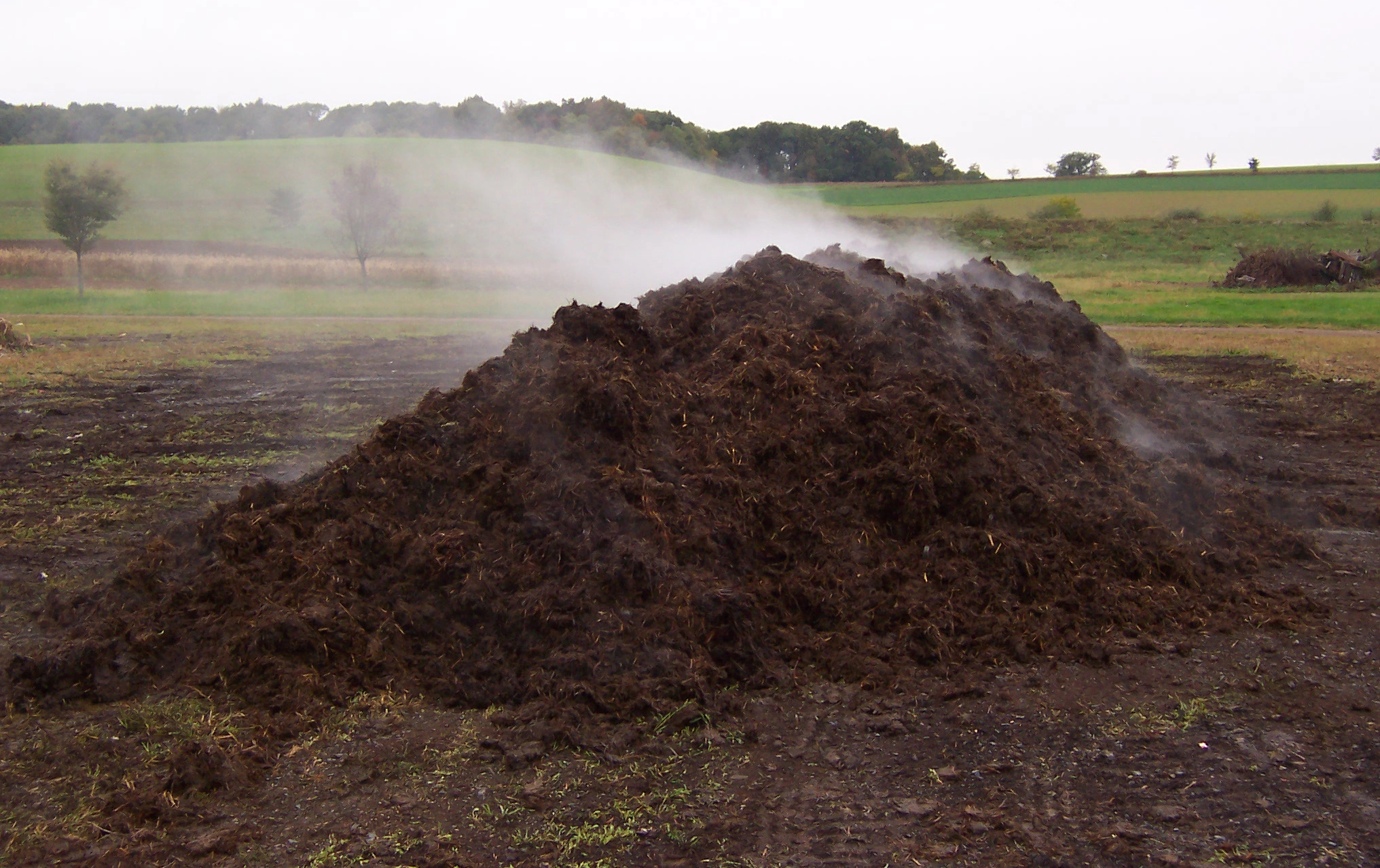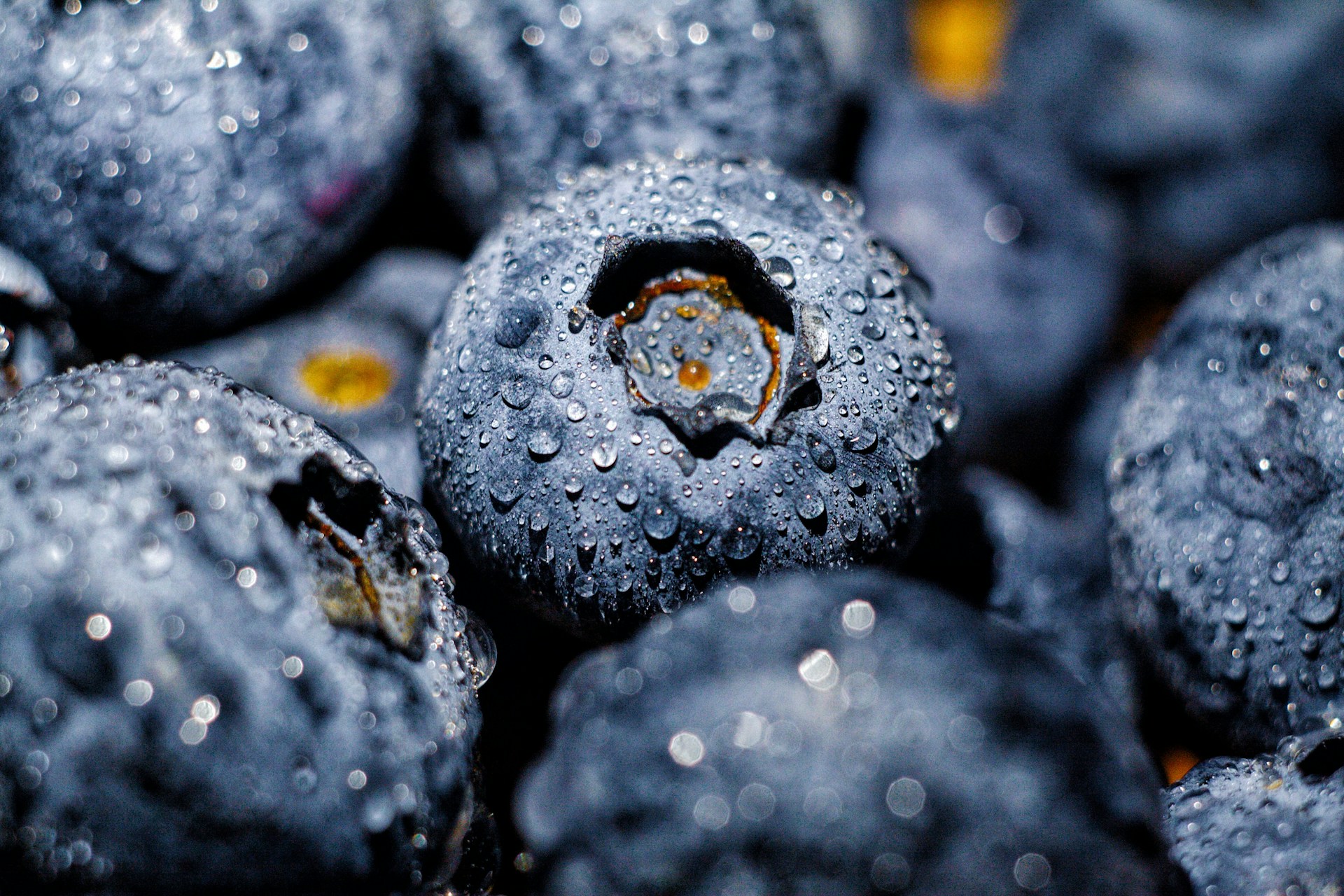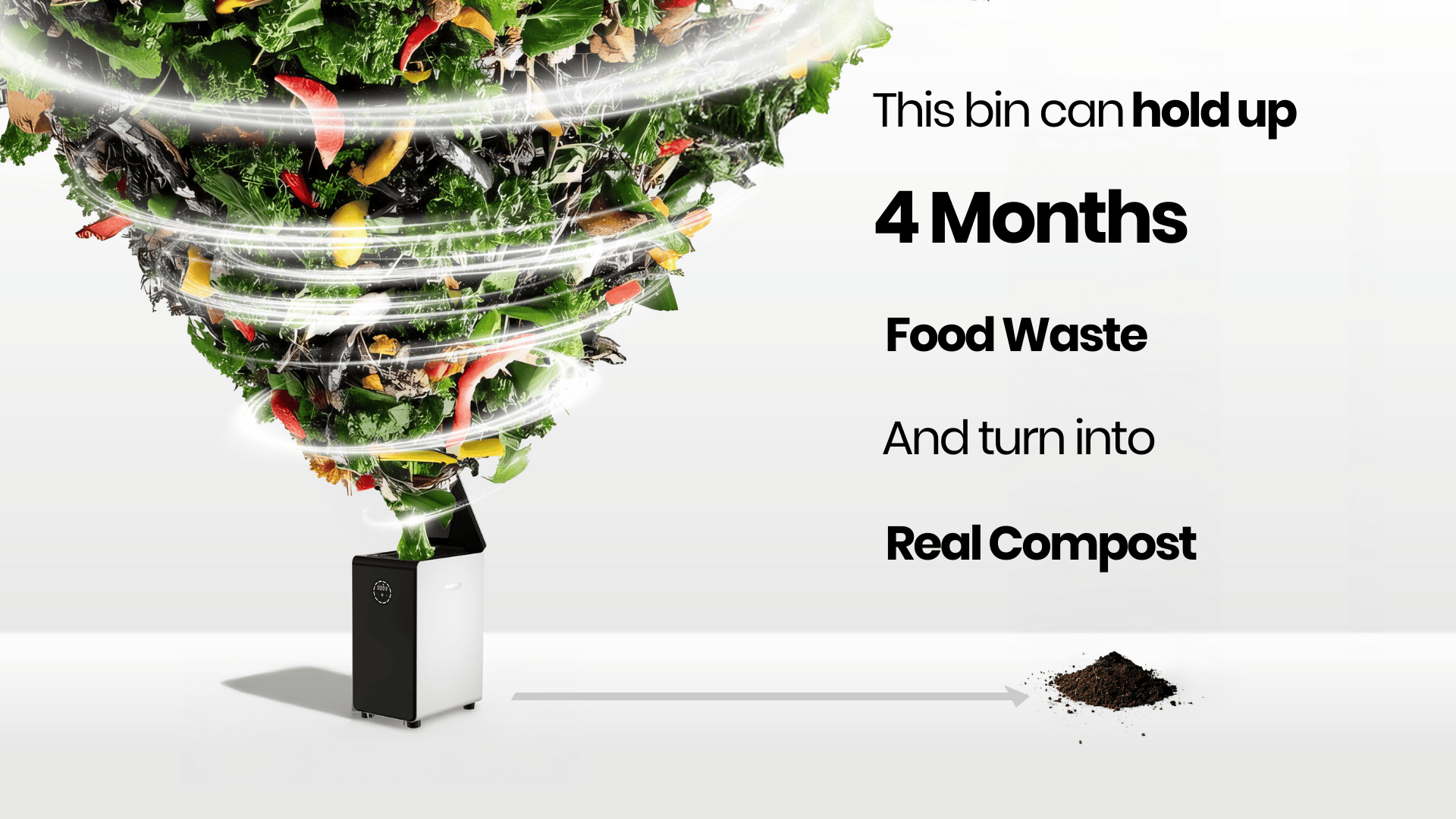Can You Compost Bread?
Bread spoils quickly and becomes moldy fast, many people wonder: Can you compost bread? Is moldy bread safe for compost? And what happens if you eat moldy bread accidentally?
Bread is one of the most commonly wasted foods in American and European households. This guide walks you through composting bread safely — using advice aligned with expert guidelines from the USDA, food safety research, and environmentally responsible composting practices.
Quick Recap
-
Can you compost bread? Yes — even moldy bread.
-
Can bread be composted safely? Absolutely, especially in a GEME composter.
-
Is moldy bread dangerous to eat? Yes, avoid it due to allergens and potential toxins.
You’ll also learn why bread composts more reliably in a GEME composter, which uses active microorganisms to break it down fully.












